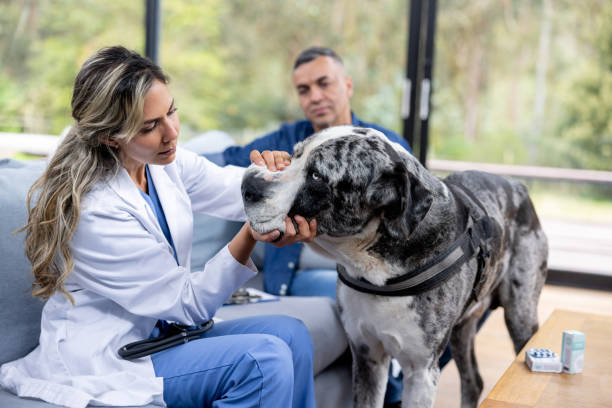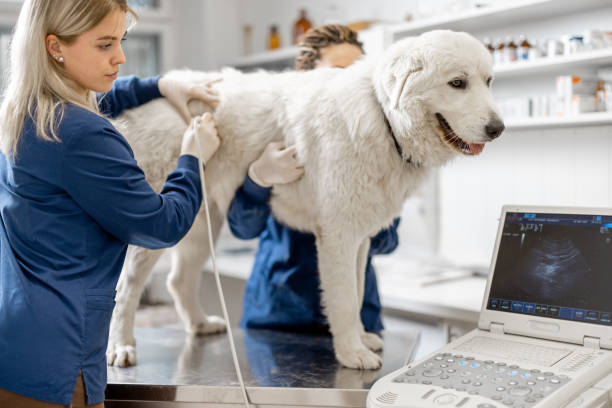At Maritime College Business, the opportunity to combine a passion for animals with a rewarding career is readily available. This is possible through the Veterinary Assistant Course. This program provides the foundational skills and knowledge needed to assist veterinarians and veterinary technicians. Their daily tasks are crucial for ensuring the health and well-being of animals. Consequently, this article explores the Veterinary Assistant Course at Maritime Business College offered in Halifax. It details its curriculum, the skills it teaches, and the career prospects for graduates. Additionally, it explains why Halifax is an ideal location for this training.
Understanding the Role of a Veterinary Assistant
Veterinary assistants play a crucial role in animal healthcare settings. They work under the supervision of veterinarians and veterinary technicians to provide medical care and help maintain the well-being of animals. Their responsibilities include feeding, bathing, and exercising animals, assisting during examinations and surgeries, administering medications as directed, and keeping detailed records of animal health. Additionally, veterinary assistants handle front office duties such as scheduling appointments and managing client relations, making their role both versatile and integral to veterinary practices.
The Veterinary Assistant Course Curriculum in Halifax
Maritime Business College in Halifax offers various comprehensive programs designed to equip aspiring veterinary assistants with the necessary skills to excel in the field. Typically, these programs cover topics such as animal anatomy and physiology, common animal diseases, veterinary medical terminology, animal handling and restraint techniques, basic nursing care, and first aid for animals.
Maritime Business College combine theoretical knowledge with practical hands-on training. Students often participate in labs and may complete externships at local veterinary clinics, providing them with real-world experience that is crucial for job readiness.
Key Skills Taught in the Course
The Veterinary Assistant Course in Halifax at Maritime Business College focuses on several key skills:
- Clinical Skills: Students learn how to assist in the treatment of animals by acquiring skills in wound care, sample collection, and the administration of medication.
- Communication Skills: Effective communication is critical in this role, as assistants need to interact with pet owners, explain care instructions, and collaborate with veterinary staff.
- Administrative Skills: The course also teaches administrative duties like scheduling appointments, managing records, and understanding veterinary billing processes.
- Compassion and Patience: Dealing with anxious animals and their owners requires a high degree of empathy and patience, a core component of the training.
Career Prospects for Graduates
Graduates of the Veterinary Assistant Course in Halifax can look forward to diverse employment opportunities. They may find jobs in various settings, including animal hospitals, veterinary clinics, animal shelters, and zoos. The demand for veterinary services is growing. This growth is driven by an increase in pet ownership and a rising emphasis on animal welfare. As a result, veterinary assistants have robust job prospects.
Furthermore, career advancement opportunities are plentiful beyond entry-level positions. With experience, veterinary assistants can progress to veterinary technician roles. They can do this by furthering their education and obtaining additional certifications.
Conclusion
The Veterinary Assistant Course in Halifax is an excellent starting point. It is ideal for anyone passionate about animal care who wants to embark on a meaningful and fulfilling career. The course provides essential training in the day-to-day operations of veterinary practices.
It also opens the door to numerous opportunities within the field of animal health. Whether you’re just starting out or looking to change careers, this course offers a valuable path. It leads to a profession that makes a real difference in the lives of animals and their owners.




